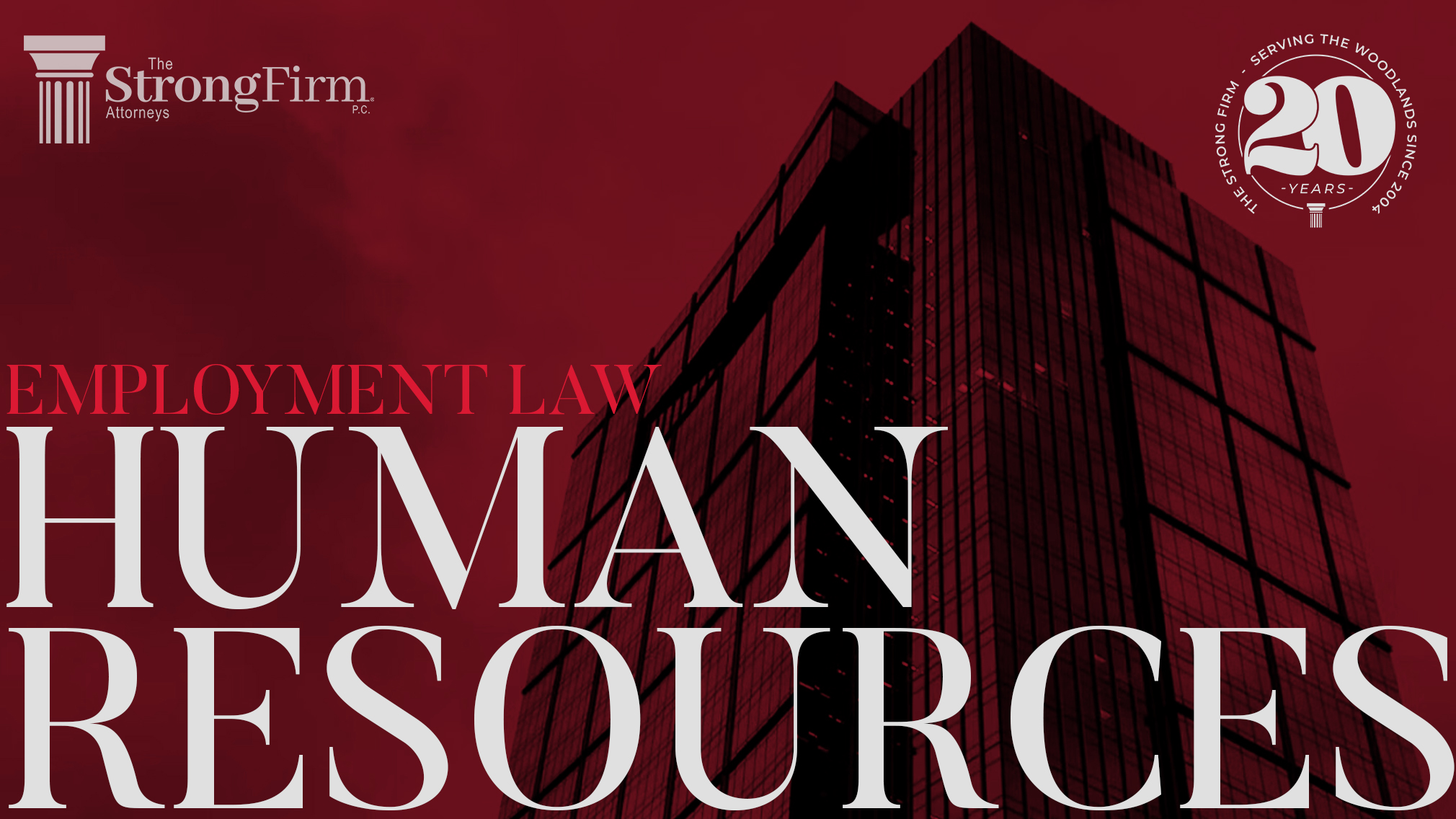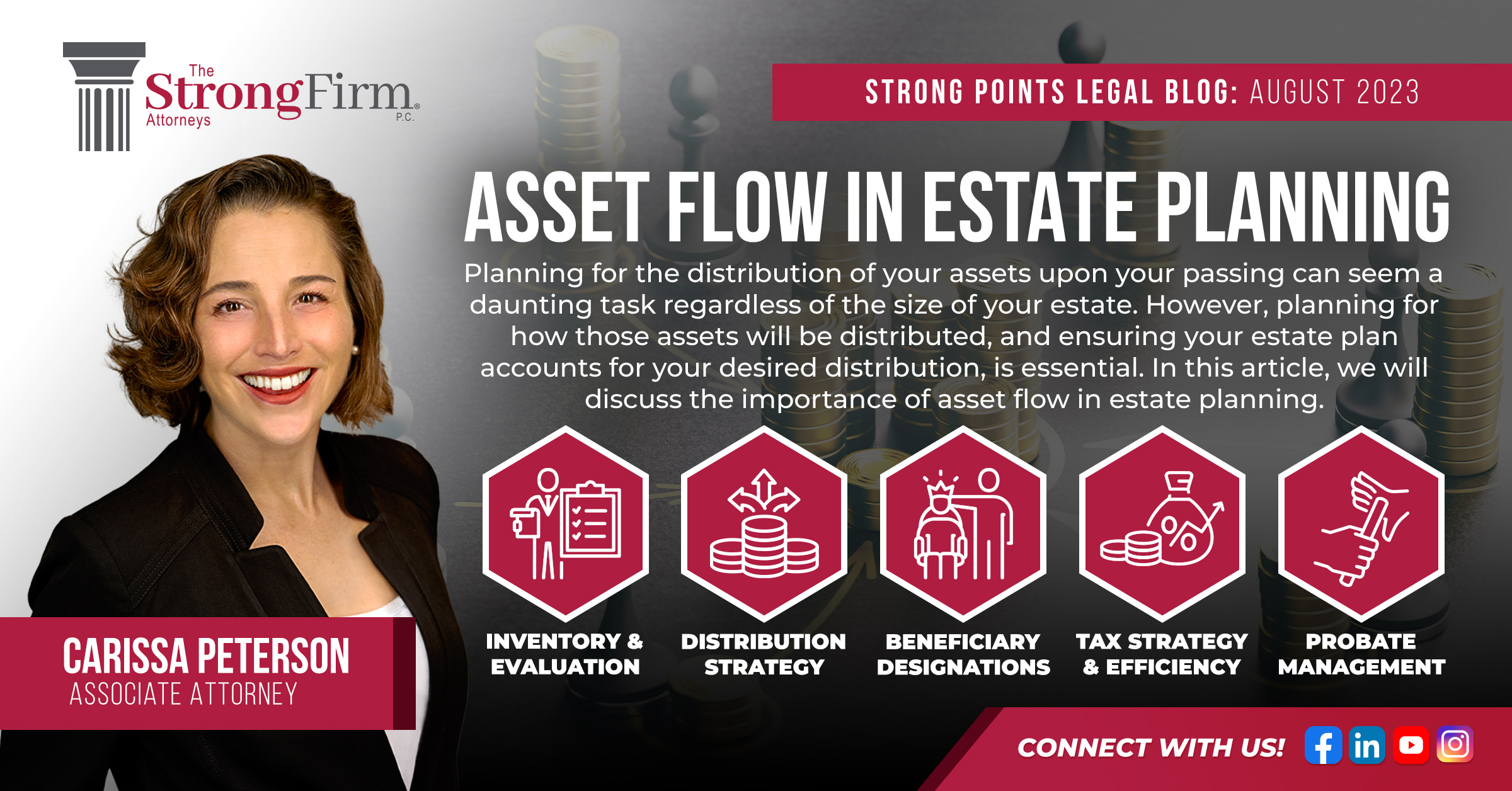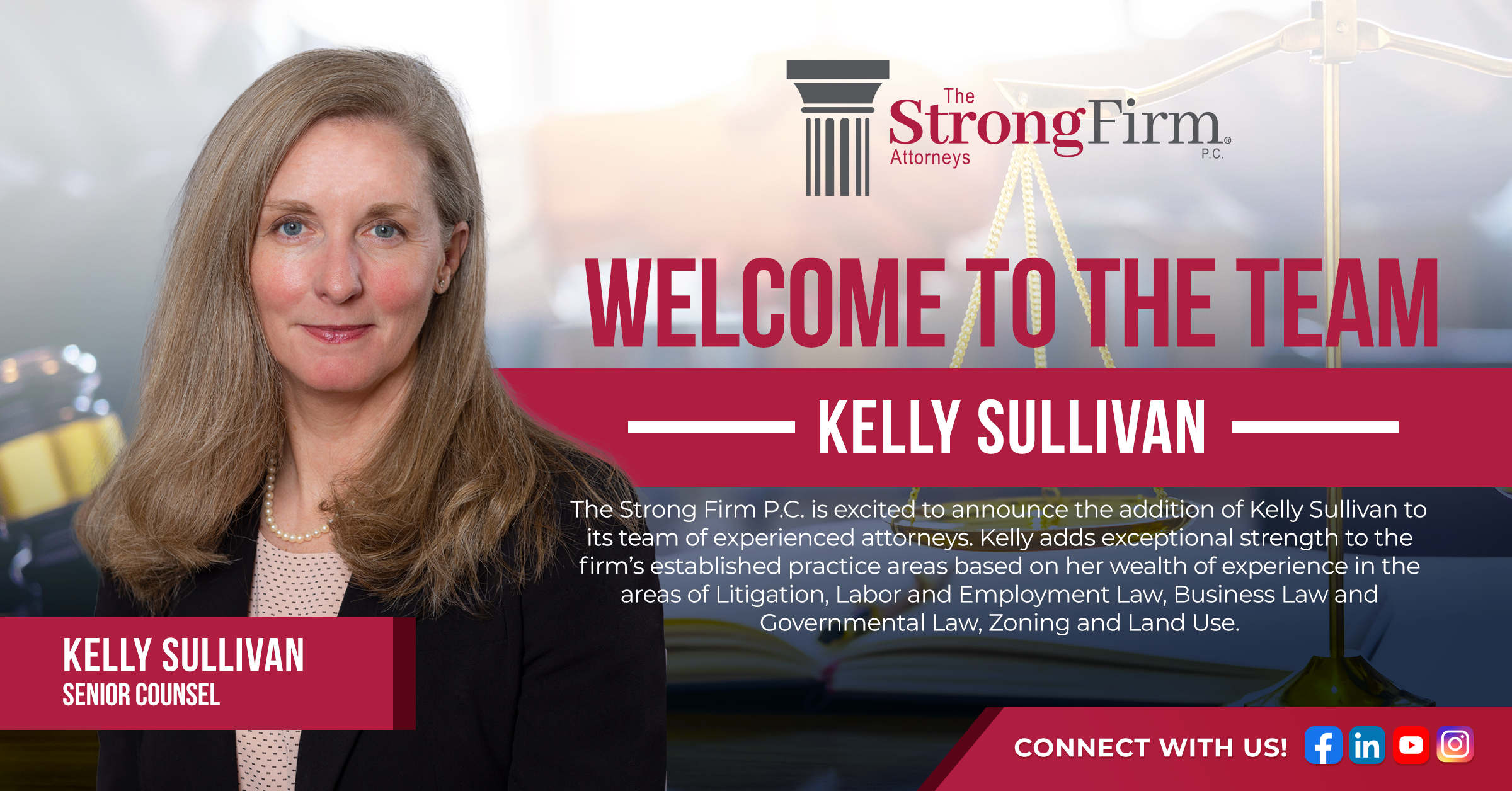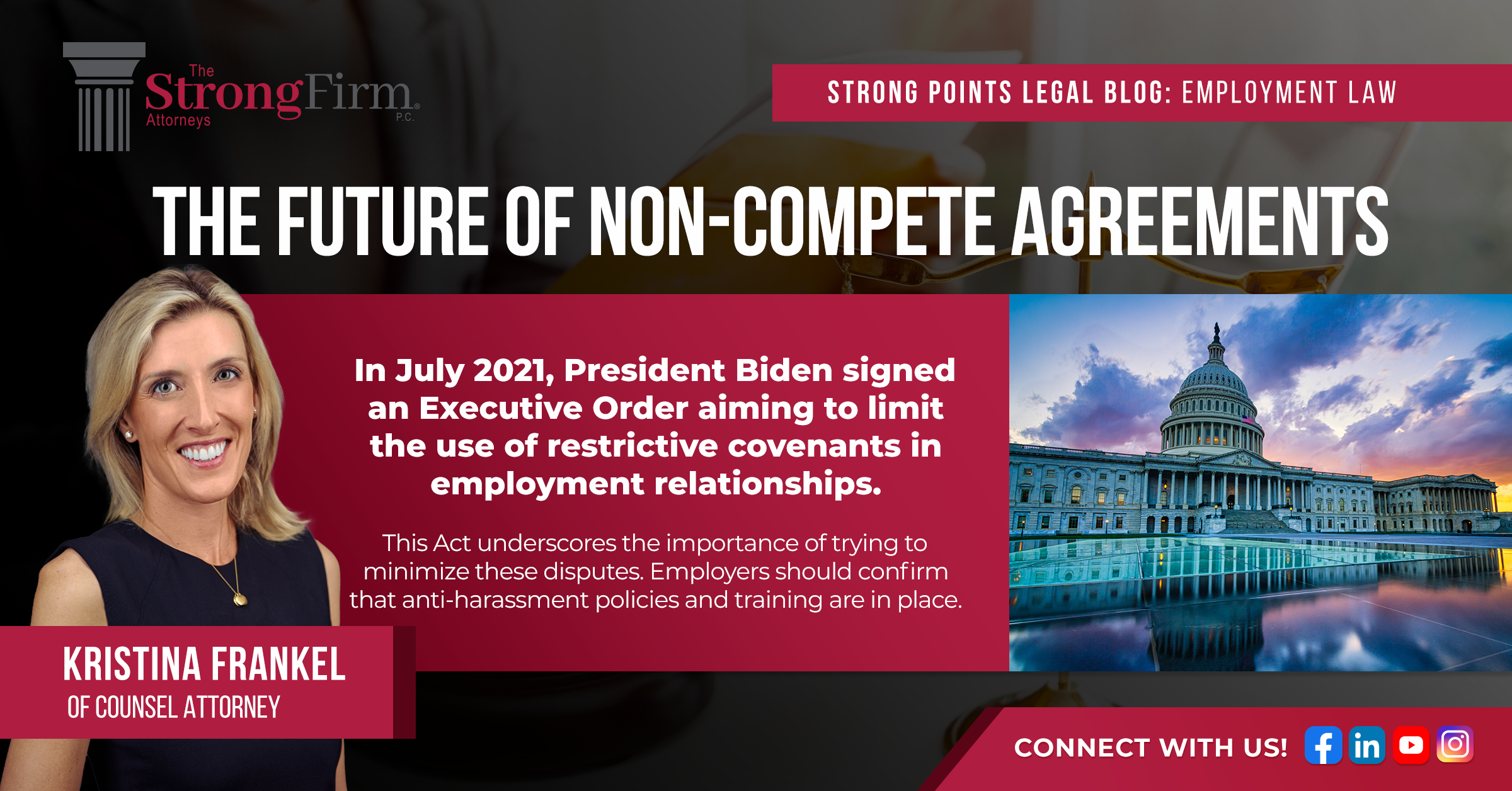In the last segment in this series, I discussed myths surrounding settlement. This segment focuses on a myth about the discovery phase of litigation.
Myth #3: Discovery is just an expensive waste of time. Of the several aspects of litigation that clients find the most irksome, the discovery process may top the list. Discovery is the term used to describe the information gathering phase of a lawsuit, and it permits the parties to request information from their opponents, subject to certain rules and limitations. Through written discovery, opposing parties are allowed to ask you for documents pertaining to the case, including any relevant electronic records to which you and/or your business have access. They can also ask detailed questions, called interrogatories, requiring you to identify people or documents that support—or even detract from—your case. It can be equal parts tedious, time-consuming, and expensive. For most, it is somewhat like filing your taxes: you have to review information, collect supporting documents, and organize what you have gathered into a formal response before a specific deadline. Add to that a healthy dose of technical terminology and a side of legalese, and clients often feel as if they are being forced to jump through unnecessary hoops and pay handsomely to do it.
I can understand my clients’ frustration. Discovery can indeed be tedious, and there are some litigants—and litigation attorneys—who use the process as a tool to harass opposing parties. However, it is an indispensable part of prosecuting or defending your case, and one that both clients and attorneys must take seriously. As the client, no one knows the facts and circumstances surrounding your case better than you do. Your attorney must rely on you to gather information because you have ready access to the documents, electronic records, and other information necessary to support your case. Not only is it your obligation to do this under the discovery rules, you are in a unique position to determine and cull relevant information. Besides, it is far more cost-effective for clients to search for and review relevant information in response to valid requests than it is to dispute them. Formally disputing discovery requests in court is the truly expensive part of the process, and should only be done when appropriate. While responding to discovery may be tiresome or inconvenient, doing it properly can make or break your case—and your budget!




























